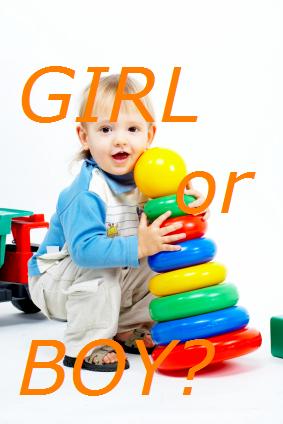
By now you may have heard about the Toronto parents who are raising a “genderless” baby, unwilling to divulge if their third child is a boy or a girl.
“We’ve decided not to share Storm’s sex for now — a tribute to freedom and choice in place of limitation, a stand up to what the world could become in Storm’s lifetime (a more progressive place? …).” From The Star
Their other two children, boys, are welcome to dress how they like (dresses are fine) can choose whether or not to cut their hair and how to wear it, paint their nails, or wear jewelry. My heart broke a little when the story covered how their oldest son is anxious that people identify him as a boy even though he selects more stereotypically girl-ish things.
If you’ve been reading Today’s Mama recently you’d know that I’ve been asking questions about gender stereotypes and society’s preoccupation with them for the past couple months. It’s in part because I’m expecting my first girl, after two boys, and also because I’m honestly interested in the way that certain things seem to be so rigidly gender-based (to the extent that I can’t find anything for my girl’s nursery that isn’t PINK.)
I understand the drive behind wanting a more gender-neutral childhood for your kids: girls should play with Legos; we should stop berating boys for expressing emotion; who cares if your son is in a pink shirt and your daughter sports navy and sneakers? Nail polish won’t make your son gay. It seems to me, somehow, that this couple’s dogmatic approach is beyond embracing neutrality and borders on fanatic–a sort of hyper-consciousness that is just as contrived as the societal mores they’re kicking against.
Because here’s the thing: your baby IS a boy or a girl.
Biology determines the sex of your child. There’s been so much talk about gender-identity, gender-hybrids, and transgendered individuals, that it seems much more common than it actually is. The vast majority of children will identify themselves as a girl or a boy, regardless of what kinds of social experiments and gender-ideas nuanced adults have about it.
I really don’t think making a gender-less world means we’re progressing. Removing gender doesn’t remove oppression or automatically prevent prejudice. We can’t get away from biological differences, even if we really, really want to.
Then again, when I asked my 3-year-old son if the baby in my tummy was a girl or a boy, he looked at me like I was an idiot and said, “It’s a BABY.”
What do you think?








Leave a Reply